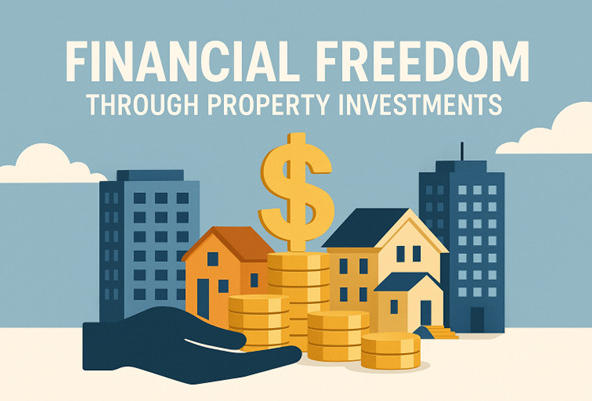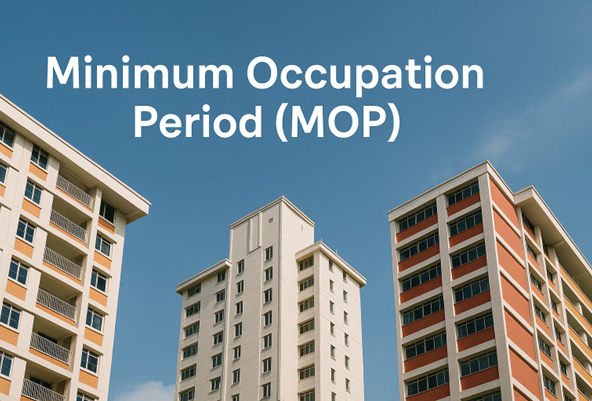
Freehold vs Leasehold Properties in Singapore: Which Suits You Best?
In Singapore’s property market, tenure matters more than most realise. Freehold and leasehold properties offer very different experiences—each shaping not only the value of your investment but also your sense of security as a homeowner.
Freehold ownership means holding onto your property indefinitely. You can pass it down through generations, giving your family a stable legacy. Such properties are increasingly scarce, which often helps them hold their value well over time.
Leasehold properties, however, are the more common choice. They typically come with 99-year leases, making up most new projects. These homes often have a lower price tag compared to freehold options, allowing buyers to own a property in prime locations without overstretching their budget.
Financing and resale conditions can also differ, with older leasehold homes facing more restrictions. Understanding these factors ensures you make a confident, informed choice in your property journey.
What Are Freehold and Leasehold Properties?
In Singapore, property tenure is the foundation of real estate ownership.
Freehold Properties
Freehold properties grant you full rights to your home and the land it sits on, for as long as you wish. There’s no expiry date—ownership can be passed down to future generations. Freehold homes are highly prized and only make up a small portion of private properties in Singapore.
Leasehold Properties
Leasehold properties are owned for a fixed term, typically 99 years. After the lease runs out, ownership reverts to the state. Their entry price is often 10–15% lower than similar freehold units, making them more accessible for many families.
Key Differences

Ownership Duration
- Freehold: Indefinite ownership across generations.
- Leasehold: Limited to the lease period, usually 99 years.
Value Trends
- Freehold: Retains value better due to rarity and perpetual ownership.
- Leasehold: More affordable initially but may depreciate faster—especially past 40 years (lease decay).
Financing & CPF Usage
- Freehold: Easier to finance with full CPF usage allowed.
- Leasehold: If the remaining lease is under 60 years, stricter loan conditions and CPF restrictions apply.
Unique Advantages of Each
Leasehold Properties
- Lower entry cost (typically 10–15% cheaper).
- Higher rental yields due to lower capital outlay.
- Greater availability across more locations and unit types.
- Attractive for first-time buyers or short-term investors.
Freehold Properties
- No lease expiry—ideal for legacy planning.
- Stable long-term value and easier resale appeal.
- Lower risk of lease decay concerns.
- Excellent for wealth preservation and long-term stayers.
Choosing the Right Fit
Choosing between leasehold and freehold depends on your life goals, financial situation, and investment horizon.
Considerations for Buyers:
- Budget: Leasehold options may allow you to afford a better location or bigger unit.
- Goals: If aiming for long-term residence or legacy planning, freehold is often preferred.
- Rental Strategy: Leasehold can yield higher ROI for short-to-mid-term investors.
- Timeline: How long do you intend to stay or hold the property?
- Inheritance Plans: Freehold suits those passing on property to future generations.
Conclusion
There’s no one-size-fits-all answer in the freehold vs leasehold debate. Each tenure serves different purposes depending on your budget, lifestyle needs, and long-term goals.
Freehold offers permanence, legacy, and stable value—best for those focused on long-term wealth and security.
Leasehold offers affordability, flexibility, and wider choices—best for buyers seeking investment returns or greater location variety.
The key is to assess your financial readiness, family plans, risk appetite, and how long you intend to stay invested. With clarity on these, you’ll be equipped to make a well-informed choice in Singapore’s dynamic real estate market.


